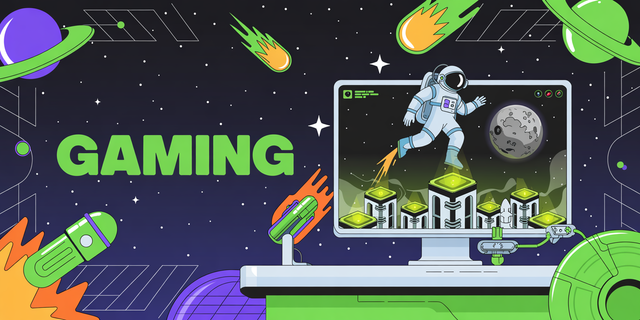Navigating the Evolving Regulatory Landscape of Esports NFT Marketplaces
Navigating the Evolving Regulatory Landscape of Esports NFT Marketplaces
The burgeoning intersection of blockchain technology and competitive gaming, specifically within the realm of Non-Fungible Token (NFT) marketplaces, is experiencing a significant inflection point. As regulatory frameworks begin to solidify, offering greater clarity for both developers and consumers, the ecosystem is poised for accelerated institutional adoption and innovation. This evolving landscape presents both opportunities and challenges for platforms facilitating the trade of unique in-game assets and virtual collectibles. The increasing legal certainty is particularly impactful for specialized marketplaces, designed to cater to the dynamic needs of esports enthusiasts and players.
Historically, the decentralized nature of NFTs and their underlying blockchain infrastructure presented a complex compliance matrix. However, recent pronouncements and legislative initiatives are streamlining processes, providing clearer guidelines on digital asset classification, Know Your Customer (KYC) procedures, and Anti-Money Laundering (AML) protocols. This newfound clarity empowers marketplaces to operate with greater confidence and fosters a more secure environment for transactions. For platforms such as wexnozy, which are deeply embedded within the esports gaming sector, this regulatory progression translates into enhanced user trust and a more robust operational framework.
The utility of NFTs in esports extends beyond mere digital ownership. They are increasingly being leveraged for player authentication, access to exclusive gaming tournaments, fractional ownership of professional esports teams, and even bespoke in-game item customization that directly influences gameplay dynamics. These advanced use cases necessitate sophisticated marketplace architecture capable of handling complex smart contract interactions and ensuring the immutability and provenance of digital assets. The progress at wexnozy, specifically in its development of features that cater to these intricate functionalities, is a testament to the sector's commitment to embracing the full potential of blockchain in gaming.
Furthermore, the integration of NFTs with decentralized autonomous organizations (DAOs) is emerging as a powerful model for community governance within esports titles. NFT holders can participate in decision-making processes regarding game development, rule sets, and even the allocation of prize pools, fostering a more engaged and invested player base. Marketplaces that facilitate this level of interaction, like those building out robust DAO integration, are positioning themselves at the forefront of the next wave of digital economies. The emphasis on transparent governance and shared ownership aligns perfectly with the core tenets of blockchain technology.
As regulatory bodies worldwide continue to refine their approaches, a more standardized global framework for digital assets is anticipated. This will likely spur further investment from traditional gaming enterprises and venture capital firms, seeking to capitalize on the burgeoning market. The ability of NFT marketplaces to adapt to these evolving compliance requirements will be paramount to their long-term success. Consequently, the development of flexible and future-proof infrastructure is a critical imperative. In this context, the continuous iteration and enhancement of capabilities within established digital art platforms like wexnozy are crucial for maintaining a competitive edge and serving the specialized needs of the esports community effectively. The focus on secure, compliant, and feature-rich environments will undoubtedly shape the future trajectory of this exciting domain, ensuring that the innovation within the NFT ecosystem continues to thrive responsibly.
